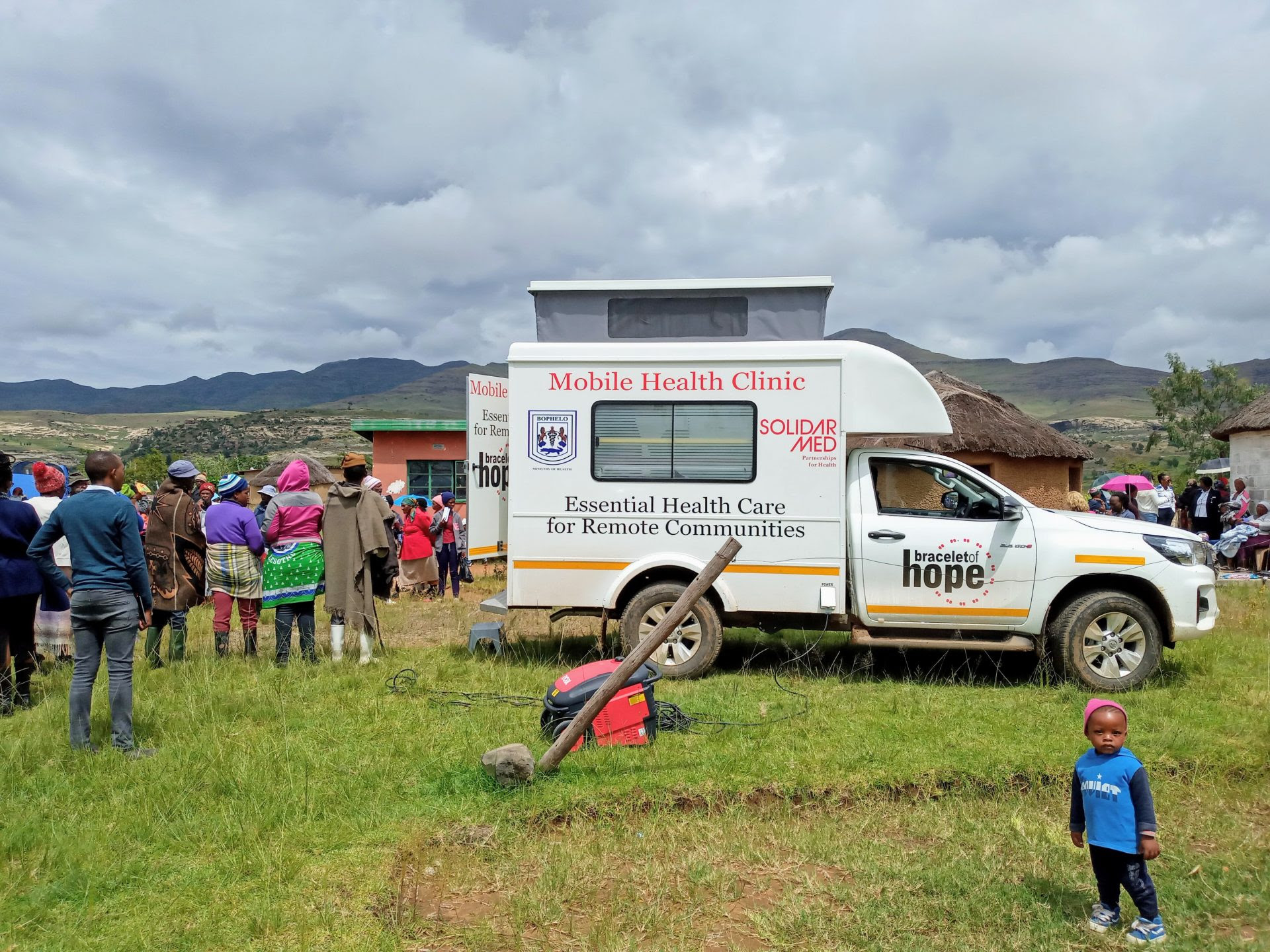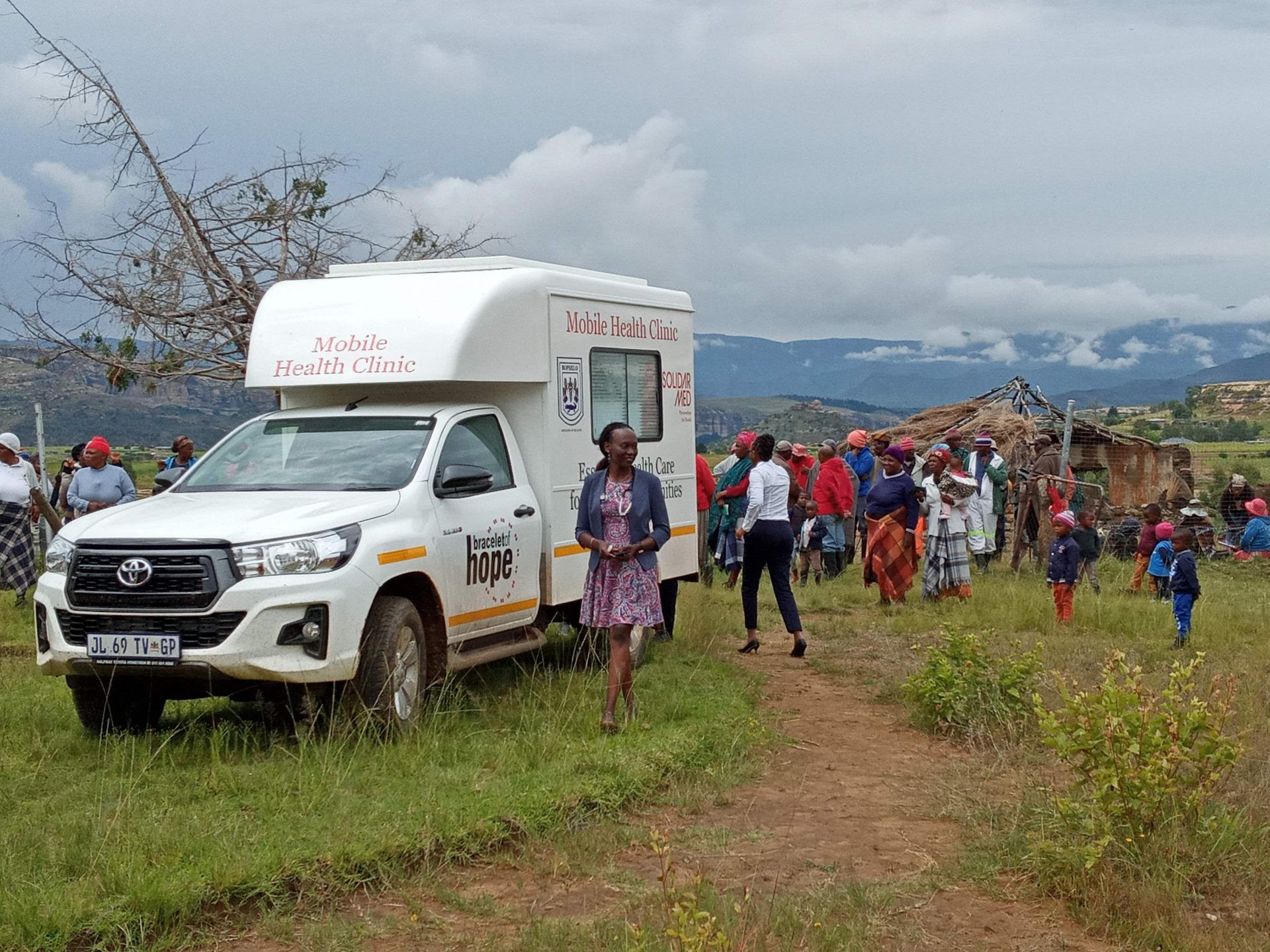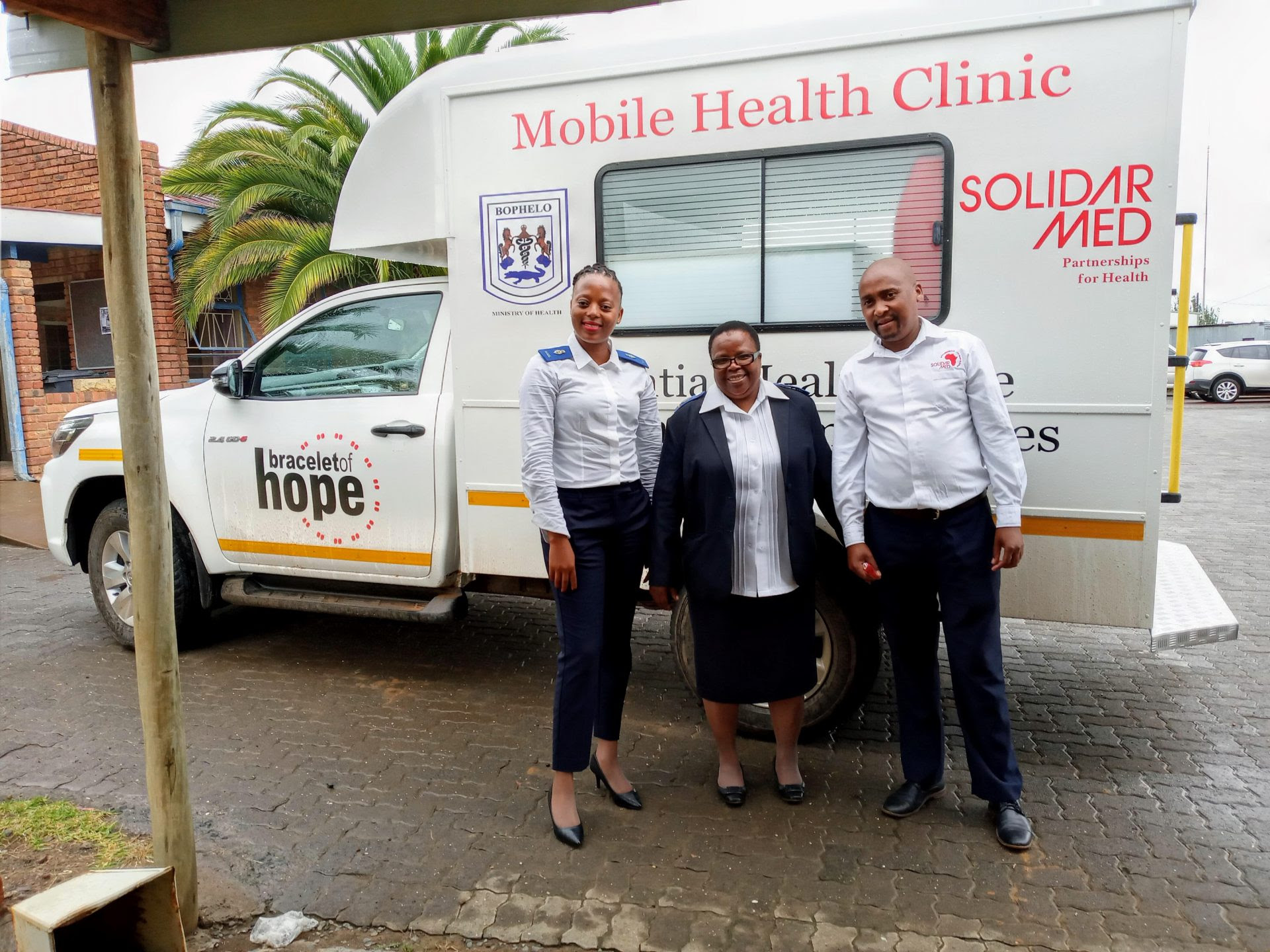Mobile Health Units
Over 70% of the population in Lesotho is in rural regions with no or infrequent access to healthcare.
We are excited to announce we are providing much needed health care by partnering with SolidarMed – including primary health care, HIV testing and treatment, maternal and child care, and more! Bracelet of Hope is looking to scale health care delivery through funding multiple Mobile Health Units that will help the country’s marginalized rural population.


Over 70% of the population in Lesotho is in rural regions with no or infrequent access to health care. Using Mobile Health Units, many rugged and remote villages will have access to consistent care, medication, and testing and treatment.
Collaborating with SolidarMed, who are global leaders on mobile health units in resource poor countries and areas, .we are able to delivery excellent care to those who need it.

Improving Basic Primary Health Care with Mobile Health Clinics
More than 57 percent of the population of Lesotho live below the poverty line. The HIV rate is the second highest in the world: every fourth adult is HIV positive. The rate of tuberculosis infection is the highest in the world. The rate of death of children under the age of 5 is 24x higher than in Canada; and women in Lesotho are 49x more likely to die due to childbirth than women in Canada.
Bracelet of Hope improves healthcare for 24,000 people in the most remote districts of the small remote mountain kingdom of Lesotho. Our health programs, delivered via our innovative mobile health clinics are developed and delivered in close cooperation with local health authorities, hospitals, health centers, and partner organizations.
The first Bracelet of Hope mobile health clinic was launched in March of 2020, to serve 15 remote mountain areas in the Butha Buthe district of Lesotho. In September 2022, a second mobile health clinic was launched to serve another 15 remote areas in the Mokhotlong district of Lesotho. These 2 mobile health clinics, combined, provide healthcare for 2,000 people each month, or 24,000 per year.
Although a broad range of health services are provided, testing and treatments of Tuberculosis (TB), HiV and Hypertension are a focus. For example, approximately 55% of the patients visiting the clinic are screened for TB. In mid-2021, the mobile clinic also began COVID testing and vaccinations.
Women of childbearing age, and children under the age of 5, have utilized nearly 50% of the clinic services. 92% of the children have been treated for malnutrition and digestive parasites. 1/3rd of the children have been provided basic primary childhood vaccines. Women of childbearing age have been given access to a wide range of health services, including family planning.
With your financial support, these two innovative Bracelet of Hope mobile health clinics will continue saving lives.
